I own a Japanese weeding hoe. Reminder of happier times (when I had a garden), it's little more than some metal stuck to a length of wood. In terms of functionality, there's nothing to it: you apply downward force and it cuts through the ground. I used to dig up weeds with it.
But if you stop to consider how it's made – the craftsmanship of this plain, everyday item – it quickly becomes clear that whoever made it was a master of their trade. The steel is hand-forged and flawless, the wood meticulously shaped to fit your grip. And even though I've spent years working with it, the fitment between blade and handle holds firm, somehow defying the fact that the only thing holding them together is experience.
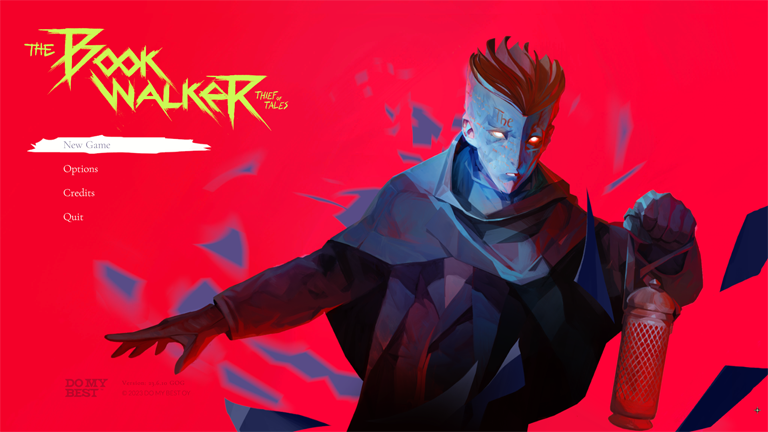
That's how I see The Bookwalker — the second wee gem from Do My Best Games.
In terms of complexity and gameplay mechanics, there's not much to it. The six hour experience is a mixture of a first-person walking simulator and isometric point-and-click adventure, or puzzle, with a sprinkling of simplified turn-based combat, some RPG-lite leveling mechanics, a bit of crafting and inventory management that's little more than lip service.
The plot is wholly linear, with puzzles requiring a single particular solution, the difficulty is casual, at best, and there is no real incentive to replay the game once you are done with it.
However!
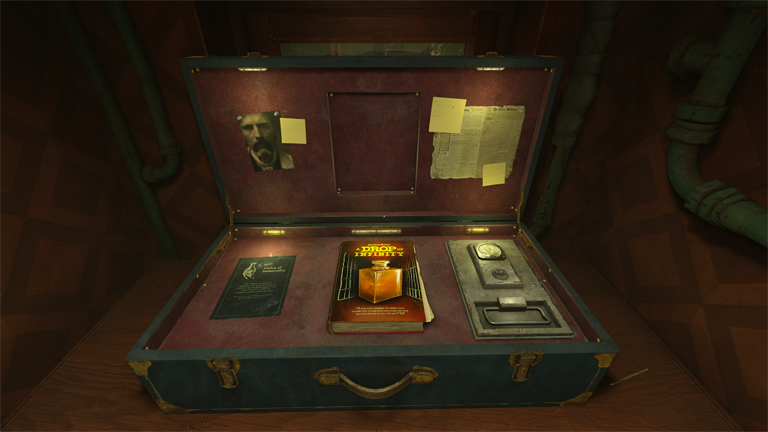
When you consider that eight years ago (in 2016), Do My Best's best stretched only as far as side-scrolling 8-bit-like animation, seeing a mixture of a fully articulate first-person narrative coupled with Unity-like exploration of a caliber Harebrained or even Obsidian wouldn't shake a stick at is nothing short of remarkable.
In terms of technical competence, The Bookwalker is a first-rate production, with polished, artsy graphics, immersive music and sound (including the endearing, Sim-like, mumbled VO); and mechanics that – while not overly complex – are well thought out, easy to grasp and enjoyable.
As with The Final Station, the ability to create an intriguing, compelling world remains Do My Best's forté. In The Bookwalker, you play Etienne Quist – a renowned writer who was (maybe) betrayed by a close acquaintance and now faces a 30-year sentence of (actual) writer's block to be carried out at a publisher (in the game, they're sort of like prisons) that he has yet to select.
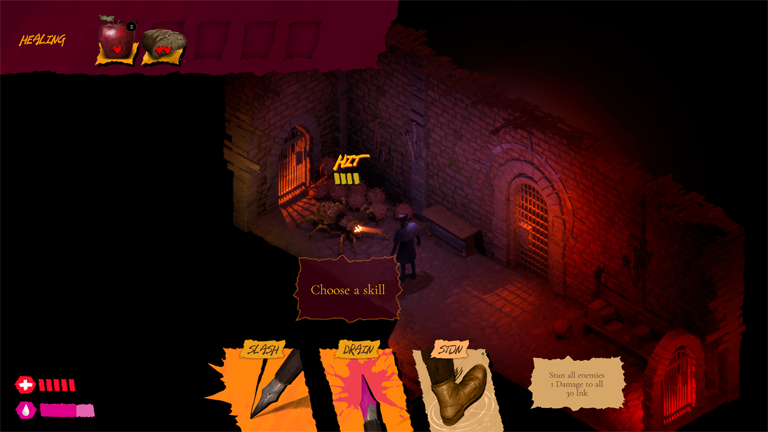
The same acquaintance who (maybe) dropped Etienne in it, contacts him with an offer that will (maybe) set him free of the (quite literal) shackles he's been bound with (while not physical, the shackles act up any time Etienne tries to be creative, causing him pain and discomfort). The job is simple enough: infiltrate books and recover artifacts for anonymous clients, with Etienne's acquaintance acting as a middleman. Do this a few times and Etienne's acquaintance promises to render his 30-year sentence null...
Now, if trusting the word of a person who promises to solve a problem he himself may have caused sounds like an iffy proposition then you, dear reader, are endowed with common sense, played The Final Station and realize that Simple Propositions That Aren't All That Simple are Do My Best's bread and butter or read my Final Station review (or all three).
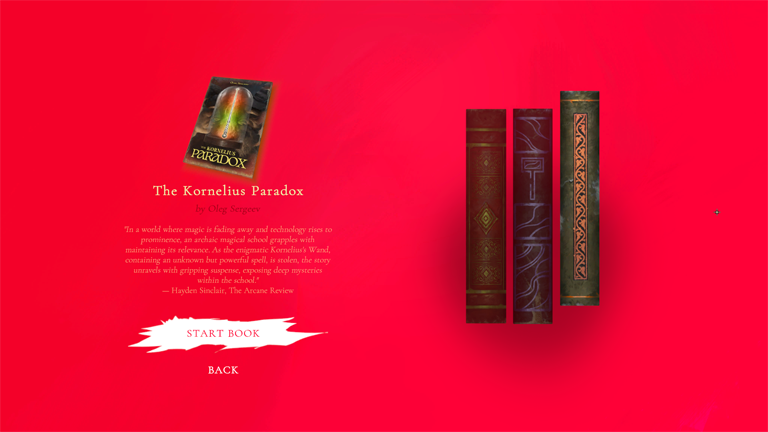
The books are miniature worlds with their own stories, characters and challenges to overcome. From illicit experiments in seemingly medieval prisons and time-traveling mansions to Arthurian space-odysseys and factory robots that really don't like being switched off, each is a distinct slice of fiction that feels like it was excised from a larger, fully-realized narrative.
There's a bit of dialogue that stuck with me where Etienne talks about Original Writers – a plot contrivance denoting true masters of their craft who wrote works that had real depth and weren't merely rewritten and finessed until the masses found what they had to say appealing... In a way, The Bookwalker's unique setting and outright rebuttal of popular trends is to real life what the Original Writers are to its plot. The game's very concept – it's individuality, if you will – is (I think) it's greatest asset.
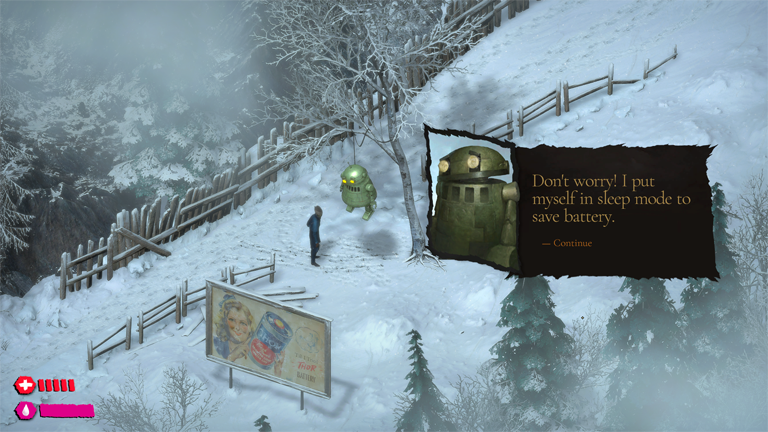
Now, is uniqueness alone enough to offset short, simplistic, linear gameplay? That'll depend on your relationship with games.
If you approach them simply from the standpoint of "bang for buck", then The Bookwalker: Thief of Tales is probably not for you. Like a Fabergé egg, its focus is more on form than function and it doesn't really concern itself with achievements, bosses, collectibles or 100% completion.
If, on the other hand, you can appreciate fine craftsmanship, vision or the value of unique experiences, then this brief literary jaunt might just be what you're looking for.
